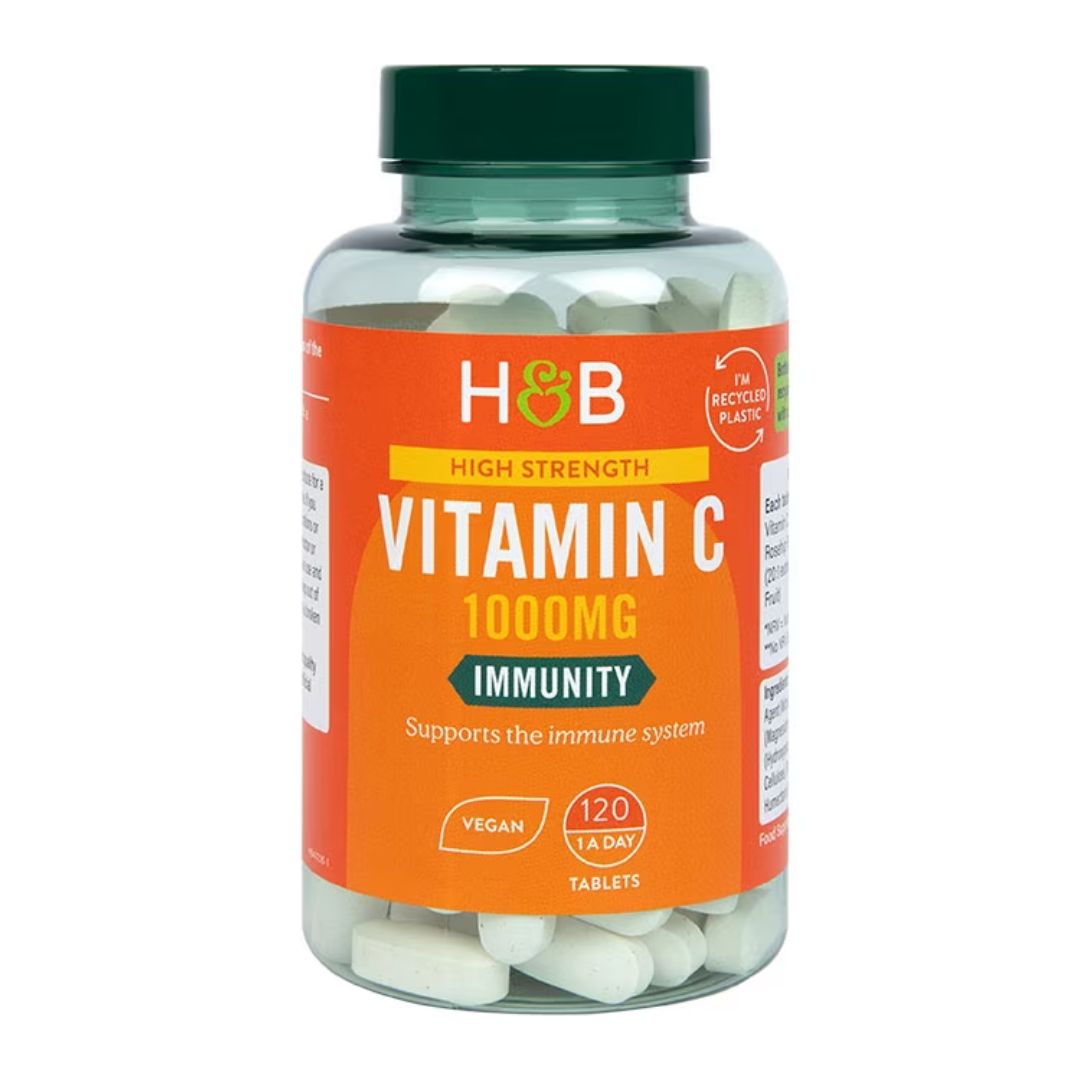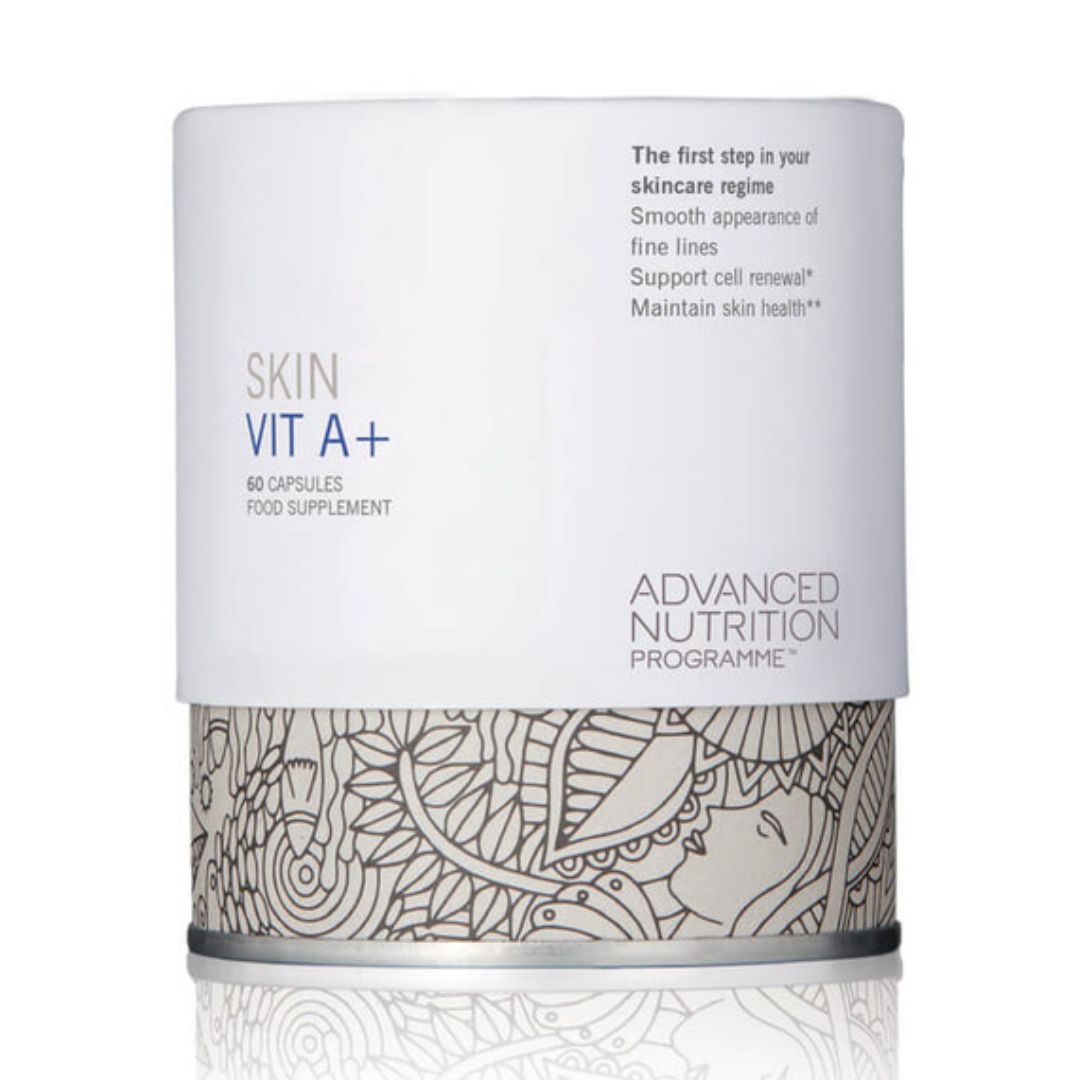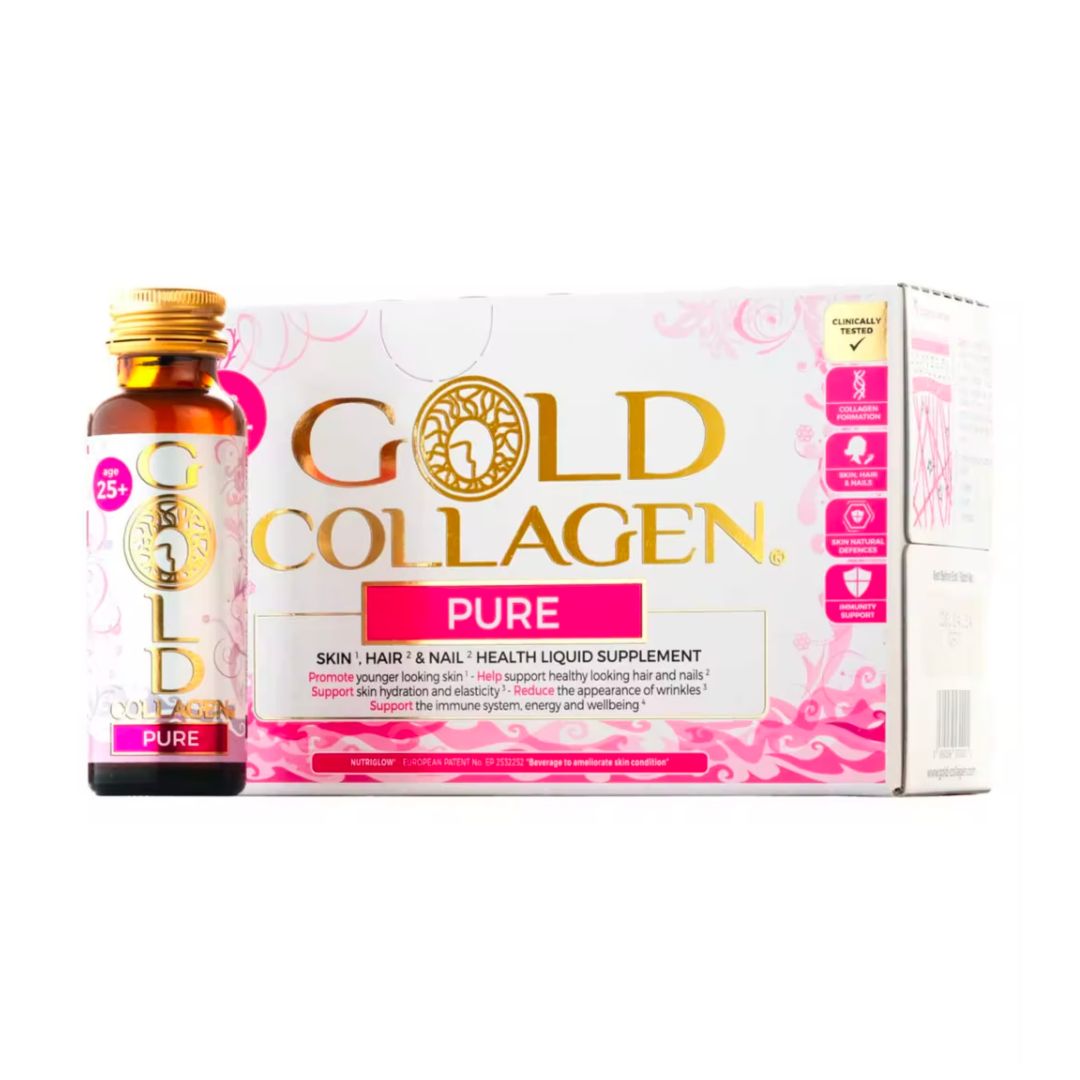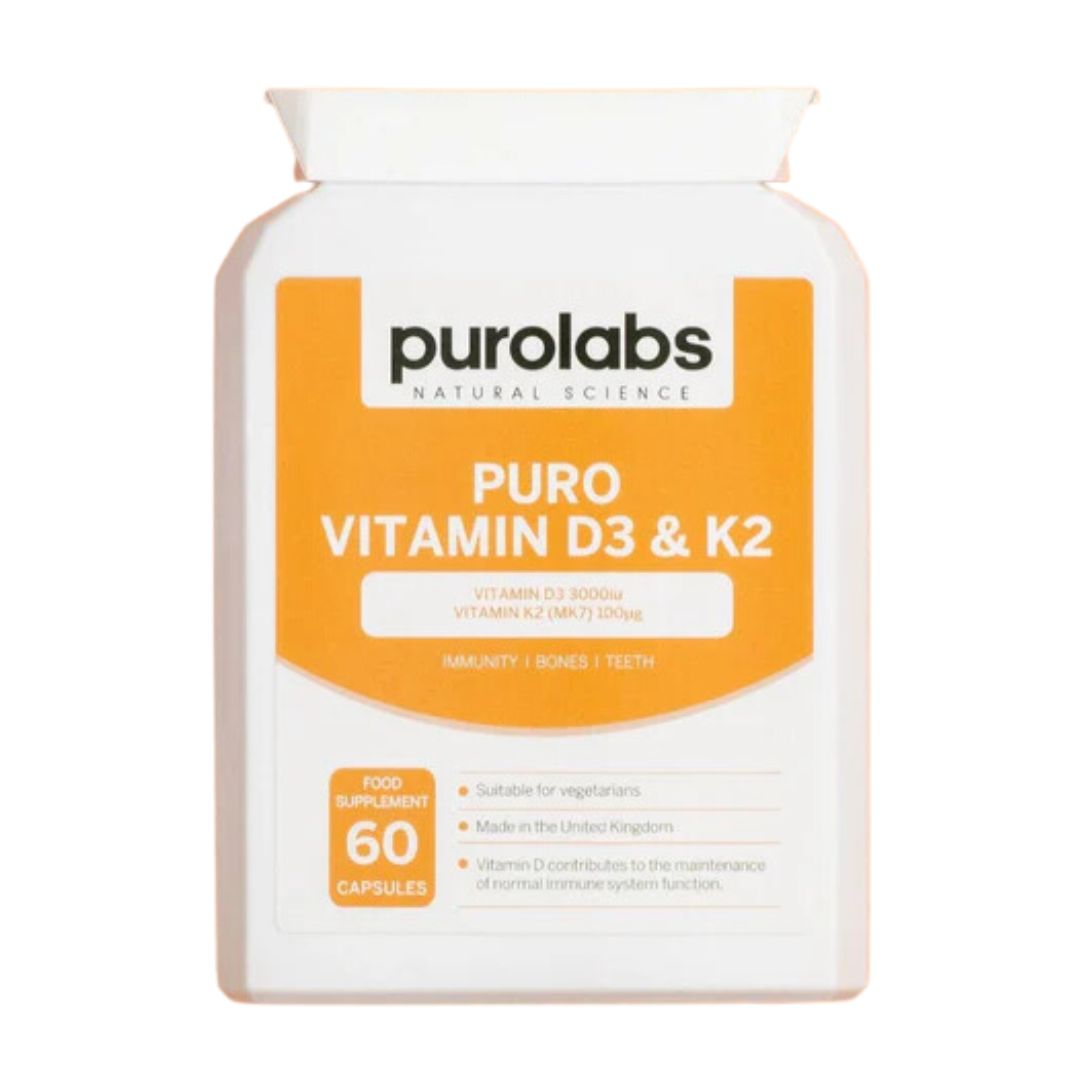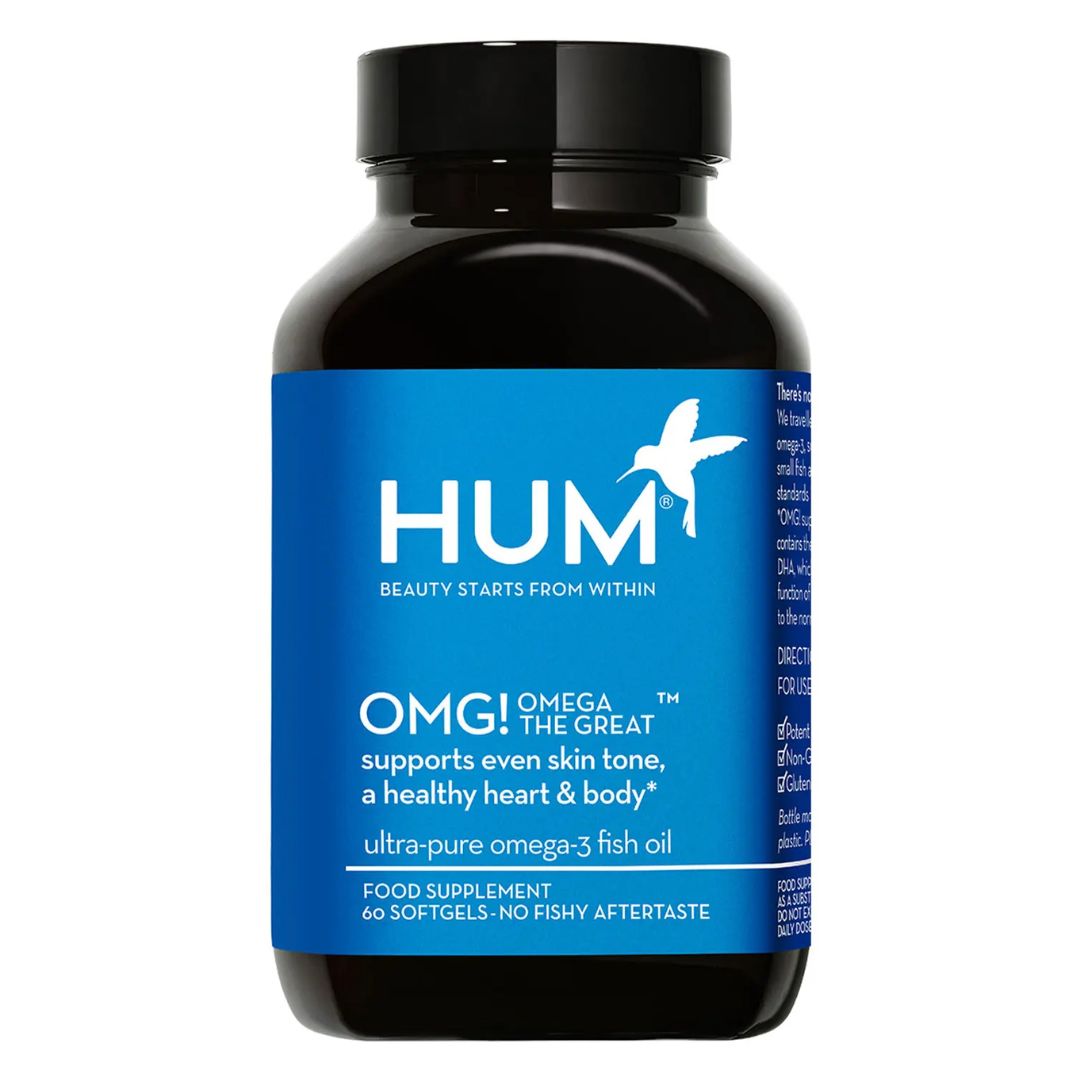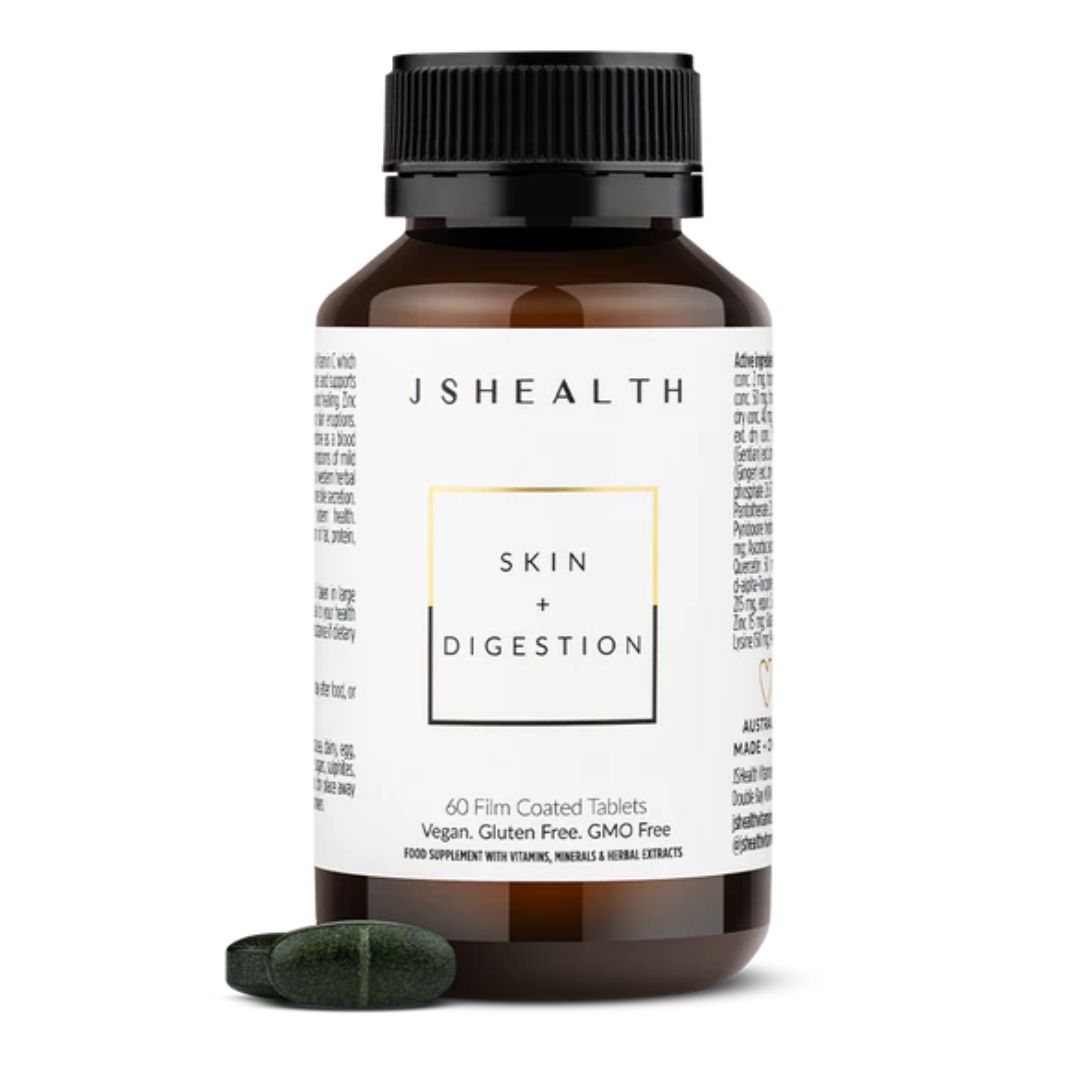Are supplements ever the secret to clear, glowing skin? We asked the experts for their honest opinion
In other words - do they really work?
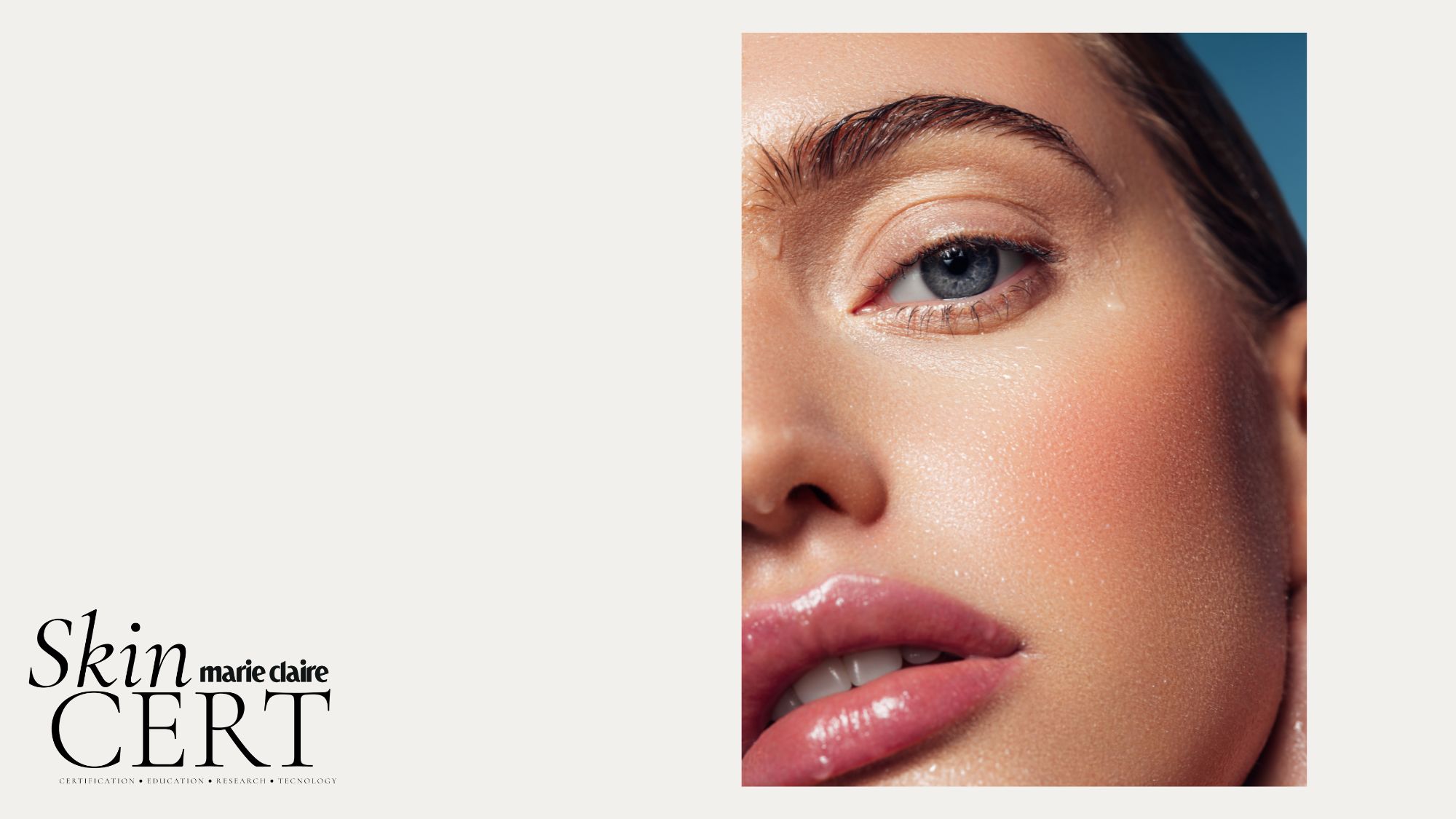

Although you might have created your perfect skincare routine, according to experts, one of the most important things when it comes to a glowing complexion is what you eat and drink.
There are a whole host of ingredients that can optimise your skin health, but sometimes it can be hard to know how to include these in your daily meals - which is where skin supplements come in.
These clever food supplements have been created to help provide some of the nutrients that your skin needs to look it's best in a quick, simple and easy way.
Want to know more, and read an expert take on whether skin supplements actually work? We've asked a range of experts to share their thoughts - and they've even recommended some of their favourite brands. Keep on scrolling for your need-to-knows.
What are skin supplements?
First things first, what actually are skin supplements? As described by Georgie Cleeve, founder of Oskia Skincare, "Skin supplements are a range of food supplements that are designed to support skin health or target skin concerns."
They can come in all different forms - from tablets to powders - with different supplements designed to tackle different skin concerns.
"They contain a variety of vitamins and minerals to support skin health," adds consultant dermatologist and author of Skin Food, Dr Thivi Maruthappu.
Celebrity news, beauty, fashion advice, and fascinating features, delivered straight to your inbox!
Why do we need skin supplements?
Although you don't need skin supplements, as explained by Dr Maruthappu, "they can be a helpful addition if for any reason you aren’t able to meet your nutritional needs through food."
Dr Howard Murad, a world-renowned, board-certified dermatologist, says that supplements can help to top you up with the essential vitamins and minerals your body needs.
"Diet has a huge impact on skin because topical products address only 20% of your skin on the surface," explains Dr Murad. "The other 80% of your skin is affected by what you eat and drink, including dietary skin supplements."
That being said, supplements should never be a substitute for eating a healthy diet. Instead, Lorraine Perretta, head of nutrition at Advanced Nutrition Programme, stresses that these supplements should work in synergy with your diet.
It's also worth noting that skin supplements won't "cure" any of your skin issues—in the same way diet alone can't. Dr Maruthappu utilises a four-step approach to treating skin concerns, through topical skincare, diet, mindfulness and medical treatments. With this in mind, it's important to remember that no skin supplement on its own will treat a skin condition.
Do skin supplements really work?
Although these supplements sound like a great addition to your daily routine, do they really work?
This is a question that divides experts far and wide. Many experts argue that the majority of skin supplements aren't formulated in a way for the digestive system to fully absorb them (however, it's worth noting that many are extremely well formulated and can survive the digestive process). It's also widely regarded that you will only see results from skin supplements if your diet is deficient in any of the key ingredients.
"Skin supplements do work, but don’t expect visual miracles if your skin is in good condition already," says Cleeve. "In this case they are great as a method of 'keeping' your skin in good condition as you grow older, but their magic is really visible when you have specific skin concerns."
Which supplements are best for specific skin concerns?
No matter whether you are worried about acne, fine lines or pigmentation, there is a skin supplement out there for you. We've listed the key ingredients to look out for below, alongside lots of information on how they can help. We've even asked the experts for their top recommendations, so you know you're in good hands. Just keep on scrolling...
Vitamin C
It's no secret that we love using vitamin C serums on our skin, so why not take a vitamin C supplement, too? According to Dr Maruthappu, "Vitamin C acts as a powerful antioxidant, that aids healing (for things such as acne scars) and helps tackle ageing."
Dr Ahmed El Muntasar, GP and award-winning aesthetician, says that when it comes to choosing a supplement, sometimes it's best to keep it simple. "When it comes to vitamin C, I like really simple ones that you can get from Holland and Barrett. Advanced Nutrition supplements are also great as they have a selection to take each day to get the right amount of everything."
Vitamin A
Perretta says that vitamin A is a key ingredient for skin health. If you've read our guide to retinol, then you'll know that this is form of vitamin A, so it's great for applying directly to the skin, but it's worth looking for it in supplements as well to support your skin's health from the inside out. A word of warning though, make sure you're not taking too much vitamin A and applying it to your skin at the same time—it could leave your skin irriated.
Collagen
"As you get older, the body starts to slow down and doesn't make collagen and elastin as efficiently as it once did," says Perretta. "Fine lines can become more apparent and the damage from free radicals can result in pigmentation."
If you want to help tackle fine lines and pigmentation, try introducing a collagen supplement into your routine. Team Marie Claire UK are big fans of the below Gold Collagen drinks, which can be consumed as is, with water or even popped in a smoothie. The issue with collagen supplements is that they're not easily absorbed during digestion, however Gold Collagen Pure uses expertly formulated marine collagen that ensures maximum absorption—and compared to some other formulas out there, it tastes pretty good. Plus, right now the brand is running a partnership with Mary's Meals to form their 'Make Every Sip Count' campaign. When you subscribe to a Gold Collagen programme, for every bottle you drink the brand will provide a nourishing school meal to a child in need in Malawi, Zambia or Kenya.
Vitamin D
Dr Stefanie Williams, dermatologist and medical director of Eudelo, says that vitamin D is not only important for skin health, but general health too. "I recommend wearing SPF daily, and if you want to keep your skin healthy, sun avoidance is important too. However, many if us are deficient in vitamin D and these factors do not help, as the sun stimulates our skin to synthesise vitamin D naturally.
"The good news is that a simple over-the-counter vitamin D3 supplement can help remedy any deficiency, so you don't have to compromise on sun protection. My favourite brand of supplements is called Evernutri. The quality is very high, and they also have amazing ingredient blends such as the Evernutri Cytocalm, which I recommend to patients with micro-inflammation in the skin such as rosacea."
Beauty writer, Grace Lindsay, also likes Purolabs vitamins, and they have a great vitamin D3 supplement.
Omega 3
"Omega 3 is an essential fatty acid which helps to dampen unwanted inflammation," says Dr Maruthappu. "In the skin it is needed to form the skin barrier, without it skin can feel dry and rough."
We love HUM Nutrition supplements, and they have a great Omega 3 option.
Zinc
"Zinc also has anti-inflammatory properties," explains Dr Maruthappu. "It can help support the normal function of skin and hair, and it may even help some people with eczema and acne."
Our beauty writer is a big fan of JSHealth supplements, and the below tablets contain zinc, vitamin C and calcium to help support the normal function of skin and digestion. What more could you want?

Grace Lindsay is currently Junior Beauty Editor at Who What Wear UK and previously was Marie Claire UK's E-Commerce Writer. With over three years of experience in the fashion and beauty industry, she covers everything from the best make-up and skincare deals to how to shop the stand out trends of the season. When she's not typing away at her laptop, Grace can be found shopping her favourite vintage markets IRL, or catching up on her never-ending list of books to read.
